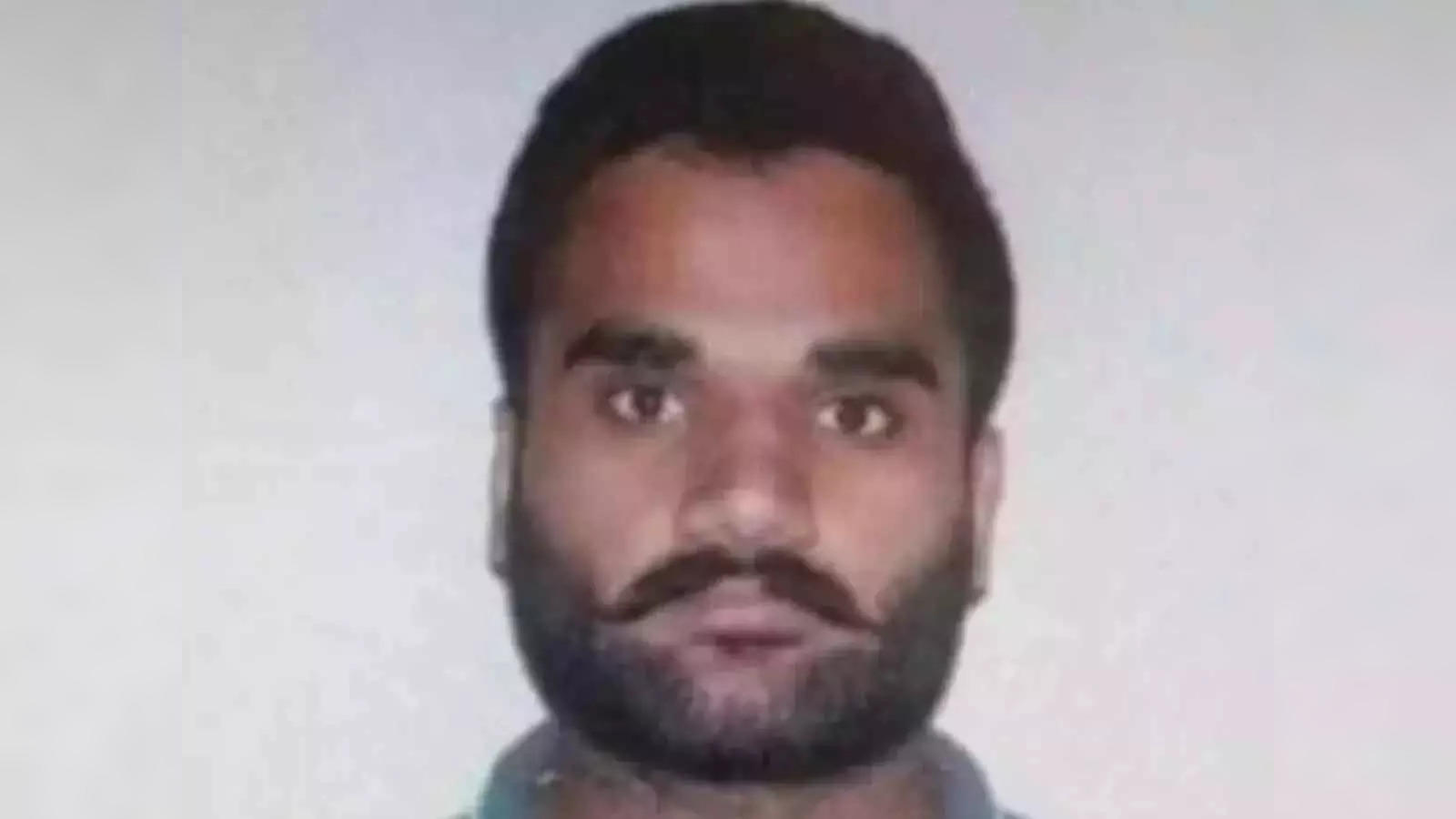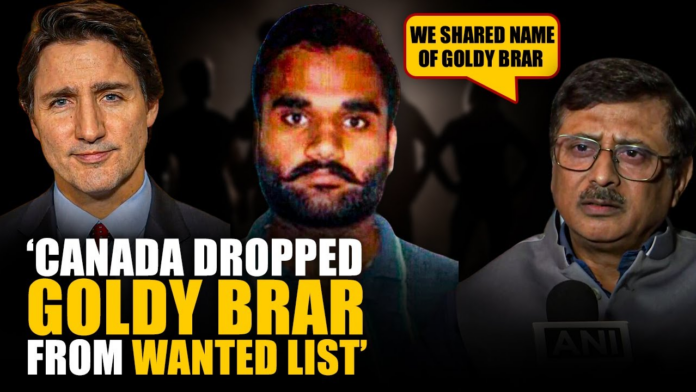In a surprising development, Canada has removed Goldy Brar, a known gangster linked to the Lawrence Bishnoi gang, from its wanted list, sparking concerns on the Indian side. Brar, believed to be involved in criminal activities across Canada and previously on the Canadian wanted list, came into focus after claiming responsibility for the murder of Punjabi singer Sidhu Moosewala in May 2022. Indian envoy Sanjay Verma, recently recalled from Canada, has voiced India’s concerns over the sudden decision.
Brar’s Removal from the Wanted List: An Unexpected Decision
In an interview, Indian envoy Sanjay Verma disclosed that Canada’s authorities had initially placed Brar on their wanted list at India’s request, following his association with organized crime and links to cross-border criminal activities. However, without warning or further explanation, Brar’s name was removed from the list, leaving Verma to question whether Brar had been arrested or was simply “no longer wanted” in Canada.
Verma said, “Goldy Brar was living in Canada. On our request, he was put on the wanted list. All of a sudden, he disappeared from the wanted list. What do I make out of it? Either he is arrested or he is no more wanted.” The diplomat emphasized the need for continued collaboration between India and Canadian law enforcement agencies in addressing the threat posed by organized crime networks operating across borders.

India’s Ongoing Efforts Against Organized Crime
India has been working closely with Canadian authorities to identify and apprehend individuals involved in criminal networks, such as Goldy Brar and Lawrence Bishnoi. These networks are linked to drug trafficking, human trafficking, and arms smuggling — crimes with a profound impact on public safety in both countries.
Verma highlighted that the Indian government had informed Canada’s Royal Canadian Mounted Police (RCMP) of Brar and Bishnoi’s criminal activities and affiliations. “It was an Indian agency that informed Canadian authorities about these two gangsters,” Verma stated, underscoring the importance of Indian-Canadian cooperation on security issues.
The Impact of Gang Conflicts on Canada’s Security Landscape
Verma noted that Goldy Brar’s operations in Canada reflect a broader trend of gang-related violence and criminal activity in the country. While Brar and Bishnoi are prominent figures in organized crime, other gangs also contribute to criminal activity across Canada, often leading to turf wars. This increase in violence can be attributed to competition over drug trafficking, human smuggling, and gunrunning, as criminal networks seek control over lucrative illegal operations.
Canada’s gang problem has raised concerns about the effectiveness of the nation’s criminal justice system in addressing complex, transnational crimes. The removal of Brar from the wanted list could complicate efforts to dismantle these criminal networks, making international cooperation and intelligence sharing critical in curbing the influence of organized crime.
The Nijjar Case: India’s Perspective on Extrajudicial Killings
In addition to addressing Goldy Brar’s removal, Verma commented on the recent killing of Hardeep Singh Nijjar, a Khalistani separatist, in Canada. Nijjar, who was considered a terrorist by India, was murdered in an act that Verma condemned as an extrajudicial killing, a concept that, he argued, goes against democratic values and the rule of law.
“Nijjar was a terrorist to us, but anything that is extrajudicial, for any democracy, rule of law country, is wrong,” Verma stated. The envoy emphasized that both countries need a transparent investigation to bring the facts to light, fostering mutual satisfaction in resolving the case.
Moving Forward: Strengthening Bilateral Relations
India’s concerns over Goldy Brar’s status underline the need for strengthened law enforcement cooperation between Canada and India. While Brar’s removal from the wanted list has raised questions, Indian officials are hopeful that Canadian authorities will continue to collaborate on addressing cross-border crime. Verma’s comments serve as a reminder of the significant criminal challenges both nations face and the importance of unified action against organized crime.

